The draft amendment to the Law on Access to Information is being consulted by the Ministry of Justice , and is expected to create a big step forward in public administration, transparency, and accountability of state agencies.

The need to amend the law
The Law on Access to Information, passed by the National Assembly in 2016, is an important step forward in institutionalizing citizens' constitutional rights. However, after many years of implementation, strong changes in technology and the need for transparency in state administration have made the regulation no longer appropriate.

According to the Ministry of Justice, the implementation summary process shows that there are still significant barriers. The first problem is that many agencies have not proactively disclosed information; people have difficulty accessing administrative data; and the handling of information requests is not consistent among localities.
Mr. Nguyen Thanh Tu, Director of the Department of General Issues on Lawmaking (Ministry of Justice) assessed: "Technology is developing, digital administrative data is increasingly large, but the current Law is not flexible enough to ensure the right to access information in the electronic environment".
In the context of reorganizing the state apparatus, organizing two-level local government and amending, supplementing and promulgating a number of new laws related to access to information in recent times (such as the Law on Implementing Democracy at Grassroots Level, the Law on Data, the Law on Protection of Personal Data, the Law on Archives, etc.), there is also a requirement to promptly study and amend the Law on Access to Information to suit the new situation, ensuring consistency and synchronization with the legal system.
Towards a proactive transparency model
The latest draft amendment to the Law on Access to Information changes from “providing on request” to “proactive disclosure”. Accordingly, instead of waiting for people to request, state agencies must proactively post and disclose information on budget, planning, public investment, land, environment, education , health, etc.
The draft revised law will expand access to information through the national data portal, e-government systems and online public services. In the future, people will be able to send requests and receive responses online, instead of having to fill out paper applications as before.
Another important point in the draft is to clearly define the limits of accessible information, avoiding the disclosure of state secrets, personal privacy or data affecting national security and defense.

At the same time, the Drafting Committee expanded the subjects responsible for providing information to include legislative bodies, executive bodies, judicial bodies, the State Audit; People's Councils and People's Committees at the provincial level, specialized agencies and other administrative organizations under the People's Committees at the provincial level; People's Councils and People's Committees at the commune level; public service units providing basic and essential public services.
Along with that, there are provisions binding the responsibilities of agencies and organizations in providing information to citizens, ensuring publicity, transparency and accountability of agencies, organizations and units.
People proactively access information in the digital age
Expressing her strong agreement with the need to amend the Law on Access to Information in the current context, Ms. Hoang Thi Dung, in Yen Hoa ward, said that in the context of national digital transformation, the right to access information is not only a legal issue but also a condition for the development of a digital society. In general, the scope of information that agencies, organizations and units are obliged to publicize; the scope of information that citizens can access; and the subjects who have the right to request information according to the provisions of the draft law have become clearer. The methods of providing information are consistent with the current trend of promoting digital transformation, such as: through data portals, national public service portals..., but it is necessary to clarify the concept of basic and essential public services so that the provision is convenient, avoiding many different interpretations...
From another perspective, lawyer Nguyen Thi Thanh - Hanoi Bar Association stated that it is necessary to clearly define the list of information to be made public in each field, along with an independent monitoring mechanism to ensure a balance between transparency and information security, as a basis for businesses, organizations and people to exploit, serve innovation and develop the digital economy.
According to lawyer Nguyen Thi Thanh, to truly exercise the right to access information, data must be considered a resource. Ministries and sectors must connect their data warehouses to a unified public information portal so that people can access it easily and transparently. Data disclosure not only serves supervision, but also creates economic incentives. When data is open, technology businesses can develop new services, enhancing the value of the digital nation. On the people's side, when they have full, accurate, and timely access to information related to their lives, they will be more proactive in participating, supervising, and accompanying the government.
According to Resolution No. 105/2025/UBTVQH15 dated September 26, 2025 of the National Assembly Standing Committee on the 2026 Legislative Program, it is expected that the Law on Access to Information (amended) will be submitted to the National Assembly for consideration and approval at the first session of the 16th National Assembly (April 2026).
Source: https://hanoimoi.vn/sua-luat-tiep-can-thong-tin-tang-quyen-cho-nguoi-dan-720036.html







![[Photo] Closing ceremony of the 18th Congress of Hanoi Party Committee](https://vphoto.vietnam.vn/thumb/1200x675/vietnam/resource/IMAGE/2025/10/17/1760704850107_ndo_br_1-jpg.webp)



















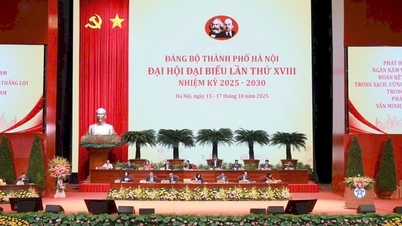

![[Photo] Nhan Dan Newspaper launches “Fatherland in the Heart: The Concert Film”](https://vphoto.vietnam.vn/thumb/1200x675/vietnam/resource/IMAGE/2025/10/16/1760622132545_thiet-ke-chua-co-ten-36-png.webp)










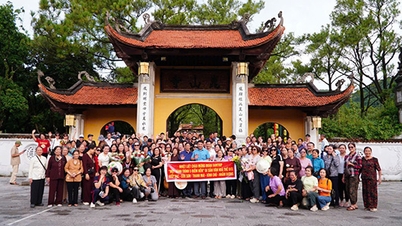














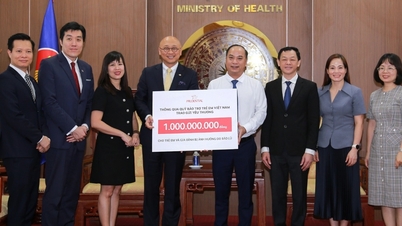


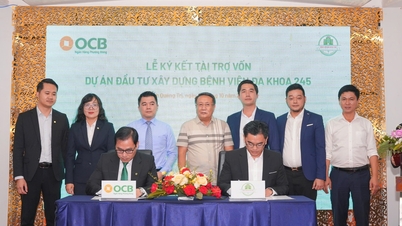







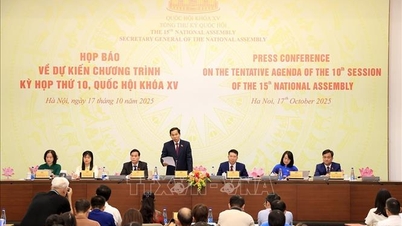
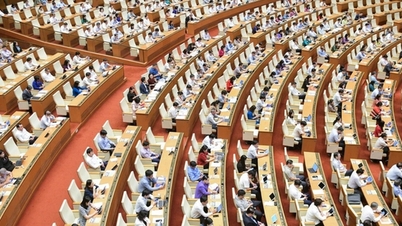



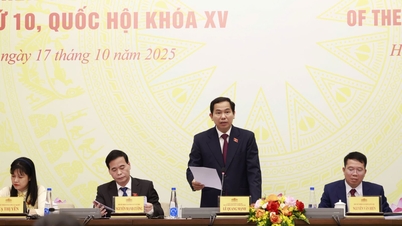








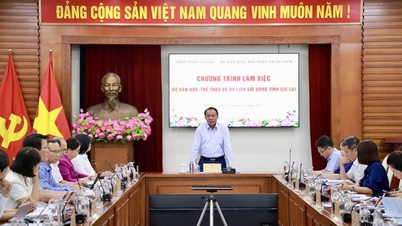
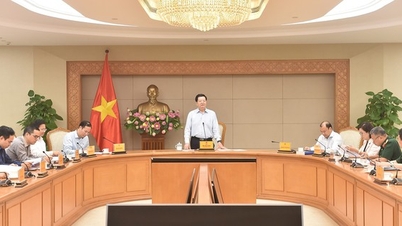






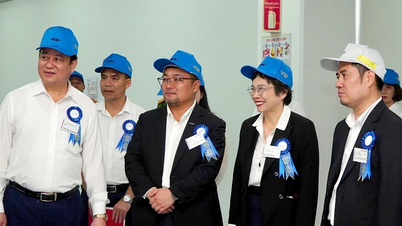














Comment (0)